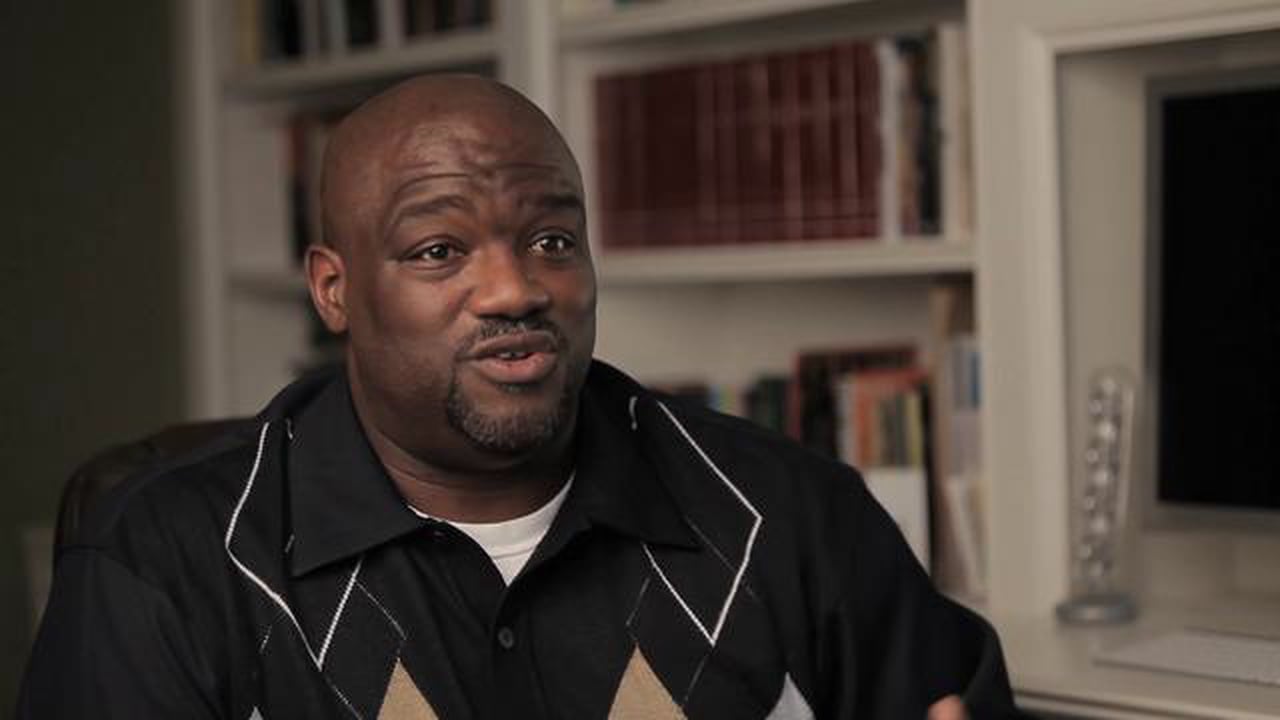“If we refuse to forgive, we have stepped into dangerous waters. First, refusing to forgive is to put ourselves in the place of God, as though vengeance were our prerogative, not his. Second, unforgiveness says God’s wrath is insufficient. For the unbeliever, we are saying that an eternity in hell is not enough; they need our slap in the face or cold shoulder to “even the scales” of justice. For the believer, we are saying that Christ’s humiliation and death are not enough. In other words, we shake our fists at God and say, “Your standards may have been satisfied, but my standard is higher!” Finally, refusing to forgive is the highest form of arrogance. Here we stand forgiven. And as we bask in the forgiveness of a perfectly holy and righteous God, we turn to our brother and say, “My sins are forgivable, but yours are not.” In other words, we act as though the sins of others are too significant to forgive while simultaneously believing that ours are not significant enough to matter.” – Rev. Voddie T. Baucham, Jr.
- Ad California Legal Rifles & Pistols!Get the firepower necessary to survive in restrictive states! WBT offers California & other state compliant rifles from any brand you want.
- Ad SOURCE FOR IVERMECTIN / HCQ, ANTIBIOTICS, ALL REGULAR MEDS“Mygenericstore” is a well-established pharmacy service that deals primarily with generic medicines produced by quality-assured manufacturers from developing countries.











the real problem is forgetting….
Forgiveness (exchanging life and righteousness for sin and death) does not require forgetting. God forgives our sins if we confess, but if we forsake Christ and return to our sins, all those past sins come home to roost. Ezekiel 18:21-24.
When our time on earth is ended, and the final judgment is determined, then all the sins of the saved will be permanently forgotten. Isa. 65:17.
If our brother has repented, we need not spend a lot of time mulling over past offenses. Yet, we will have no need to create vulnerabilities that will invite our brother to relapse.
We can pardon and love those who have hurt us, and still learn from history.
We can have a forgiving attitude, even to those who are currently non-repentant and actively hostile, as Christ did to those who were driving spikes through His hands and feet. However, for them to receive that forgiveness, they must repent. Otherwise, our forgiveness only benefits us.
We are not required to make ourselves needlessly vulnerable to an active threat, in order to forgive. We can still work to stop the threat, without taking God’s prerogative of vengeance.
In any case, we must forgive.
I like to say, “Forgive and remember.” Forgetting leaves one open to making the same mistakes.
Carry on
Understood.
What we hear much less often from pastor are our expectations of those who have harmed others. I refer to the “three R’s” Remorse, Repent, and Repair the damage.
Of all the great quotes that have on the website over the years, that is one of the better ones. Thank you.
Unforgiveness is like drinking poison and hoping the offender will die. (Anon)
Bless you for sharing this quote. I read it a couple of years ago, and then (of course) lost any and all references to it. Like Iceman said above, one of the better quotes here, or anywhere.
One of the best quotes ever to appear on this blog. Thank you.
Another reason its hard to forgive is when one is trying to forgive someone who continues to repeat bad behavior and you cant separate yourself from them Such as a bad neighbor. Were trying to move. Frustrating